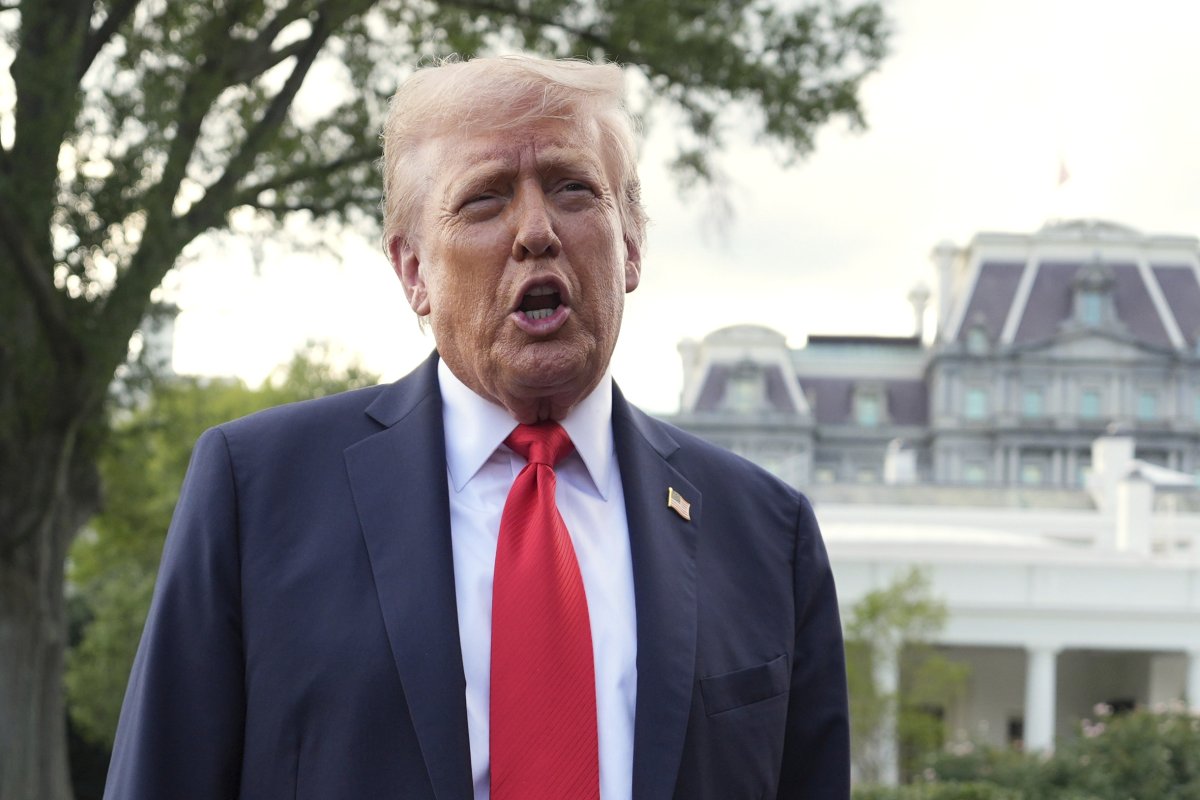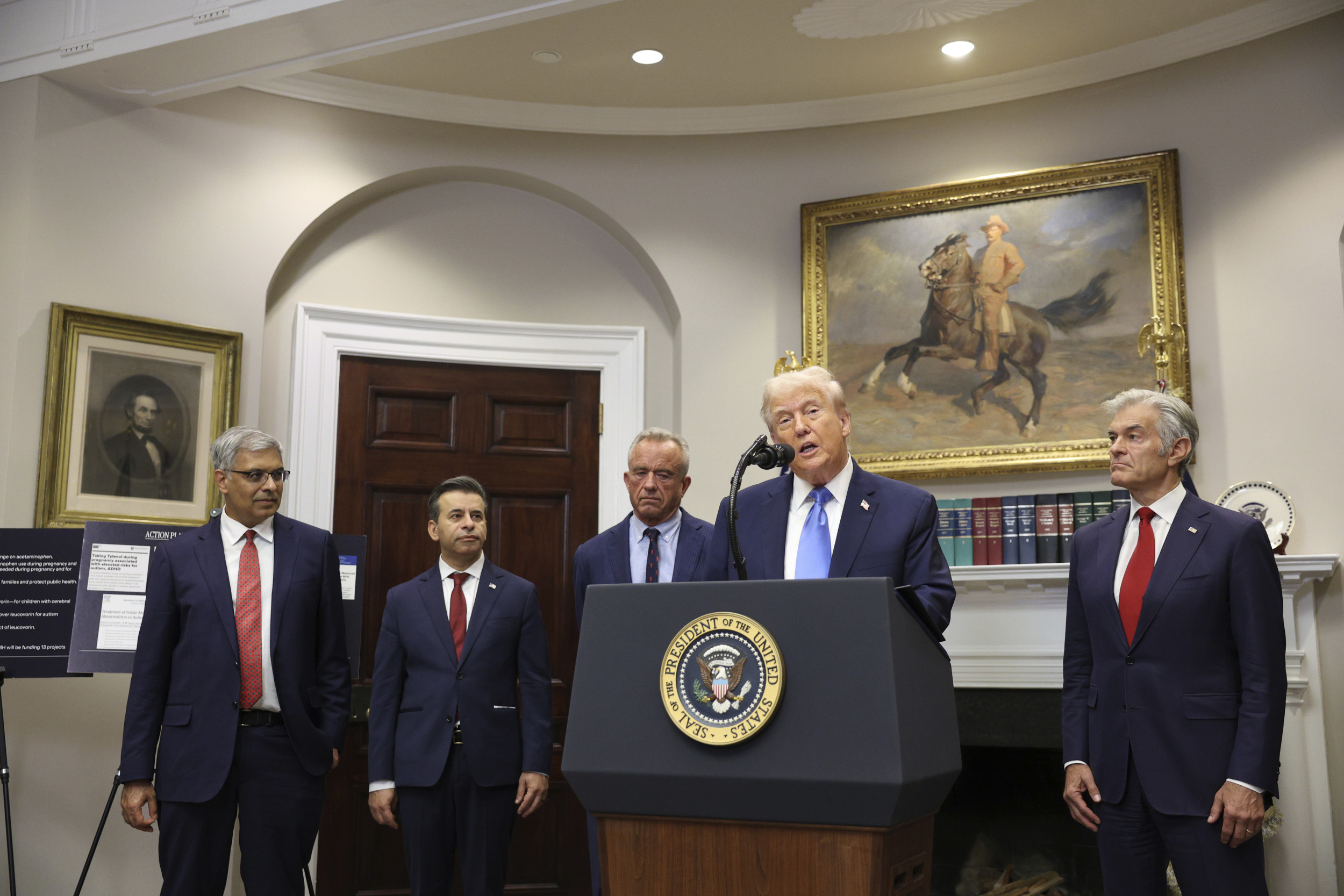
President Donald Trump has taken the credit for a drop in crime rates in Memphis, Tennessee, claiming recent federal actions under his direction are responsible for the city’s progress.
He wrote on Truth Social on Sunday: “The only reason crime is somewhat down in Memphis is because the FBI, and others in the Federal Government, at my direction, have been working there for 5 months… But the real work by us has barely begun. That happens after we make the official announcement that WE’RE COMING… ONLY I CAN SAVE THEM!!!”
Why It Matters
Since Trump’s Friday announcement that he would deploy the National Guard to Memphis, as part of a broader national crime crackdown, critics have pointed out that, while the city has one of the worst crime rates in the country, it is currently lower than it has been in recent years.
The president’s post is claiming responsibility for this to justify the move for further federal action.
What To Know
In 2024, Memphis recorded about 2,500 violent crimes per 100,000 residents—the highest rate in Tennessee and among the worst in the country, according to FBI data.
That level of violence was more than three times the national average and higher than other high-crime cities, including St. Louis, Detroit, and Baltimore.
But the 2024 crime rate marked an 11 percent decrease—below what it was in 2023 and 2022, according to data from the Tennessee Bureau of Investigation.
When Trump announced the National Guard deployment on Fox News, he claimed Memphis Mayor Paul Young supported the decision.
But Young has denied this, saying that it was an “overstatement.” He said he does “not think it’s the way to drive down crime,” but added that he would “work strategically to ensure that this happens in a way that truly benefits and strengthens our community.”
In June, Trump deployed National Guard troops to Los Angeles following violent protests, then to Washington, D.C. in August after alleging the city had fallen into “lawlessness.”
He has also expressed an interest in deploying National Guard troops to other major cities including Baltimore, New Orleans and Chicago.
While advocates say support from the National Guard frees federal agents to focus on core enforcement tasks, critics and some legal experts warn about using military forces in domestic policing roles and the risk of politicizing state military forces.

AP
What People Are Saying
Memphis Mayor Paul Young posted on X at the weekend: “Yesterday morning, we learned that the governor and president have decided to place the National Guard and other resources in Memphis, which they have the authority to do. I want to be clear: I did not ask for the National Guard and I don’t think it is the way to drive down crime.
“However, the decision has been made. As your mayor, my commitment is to work strategically to ensure this happens in a way that truly benefits and strengthens our community.”
President Donald Trump said during his deployment announcement: “We’re going to Memphis. Memphis is deeply troubled, the mayor is happy, a Democratic mayor. We’re going to fix it like we did Washington.”
In a statement released on Friday, Tennessee Governor Bill Lee said: “I’ve been in close contact with the administration throughout the week, and will be speaking with President Trump this afternoon to work out details of the mission.
“I’m grateful for the president’s unwavering support and commitment to providing every resource necessary to serve Memphians, and I look forward to working with local officials and law enforcement to continue delivering results.”
What Happens Next
Details on timing, scope, command and legal authority for any National Guard deployment to Memphis have not been released. Local leaders emphasized collaboration but said they did not request troops; state and federal officials said discussions were ongoing. Legal questions persist because prior deployments to other cities prompted litigation over whether federal troops can be sent without local consent.




